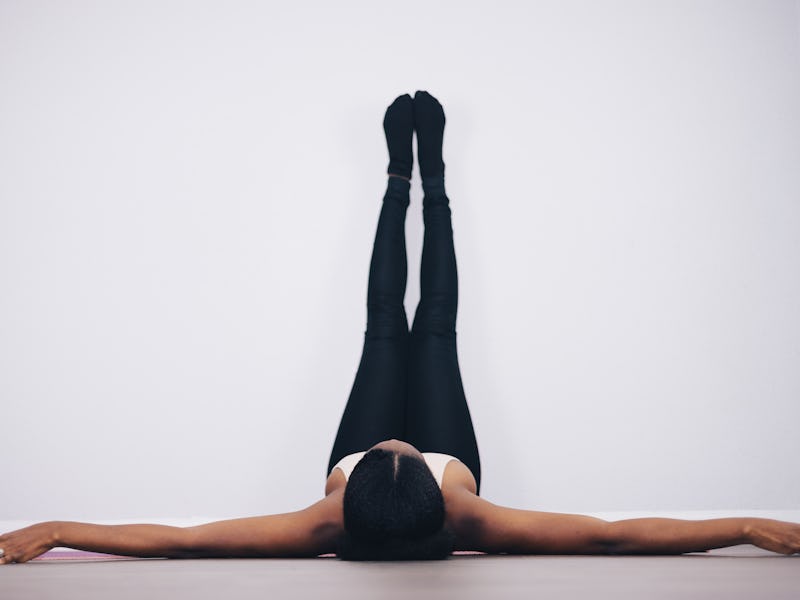How Flexible You Are Could Help Predict Your Longevity, A New Study Uncovers
What’s your Flexindex?

Many of us live perfectly fine lives without ever cultivating the ability to do a split or touch our toes. But this seemingly inconsequential skill may have more bearing on how we live than we imagined. According to a new study, if our bodies possess a degree of flexibility, that might help survive us as we age.
A new paper out this week in the Scandinavian Journal of Medicine & Science in Sports looking at data from over 3,100 people found a link between flexibility and longevity, offering evidence that this skill might be a predicting factor for longevity. While we’re well aware of the link between physical fitness and longevity, it’s virtually unknown whether there’s a connection between one particular aspect of fitness — for example, flexibility — and mortality.
Researchers from North America, South America, Europe, and Australia analyzed data from the Brazilian CLINIMEX on 3,139 people, 66 percent of whom were men, ages 46 to 65, collected between 1994 and 2022. The team developed a body flexibility score called Flexindex based on exercises these people performed. An individual’s Flexindex score falls on a range of 0 to 80 after assessing 20 movements, each scored from 0 to 4, involving 7 distinct joints.
Women performed significantly higher than men, with a 35-percent higher value. However, both women and men displayed a similar Flexindex decline with age. But the most interesting results came when looking at mortality. During an average follow-up period of 13 years, 224 men and 78 women died. When comparing survivors and non-survivors by sex, those who survived had higher Flexindex scores. In other words, people who lived longer also were more flexible.
Looking at the upper limits of the data, only one death was recorded in the 100 people who comprised the top 5.2 percent highest Flexindex values. The data also showed that very high Flexindex scores were associated very low mortality, particularly in women.
But there’s still more work to be done. Researchers still want to know whether flexibility can predict survival outcomes beyond factors like aerobic fitness alone, and whether flexibility training can impact survival. For example, exercises like Tai Chi or yoga could confer longevity. So when you’re developing an exercise regimen, it might be helpful to make time to improve your flexibility. Your future self will thank you.